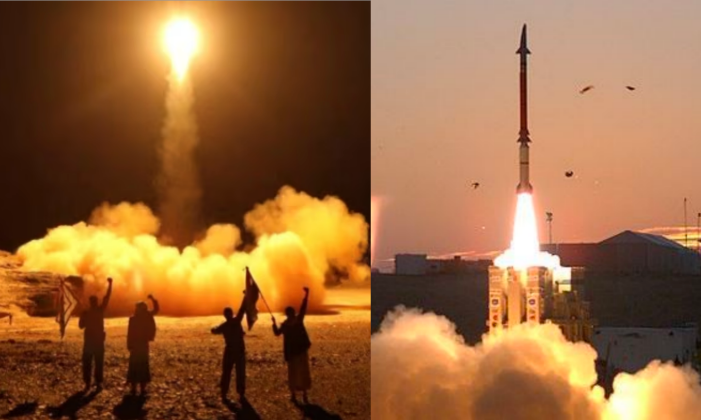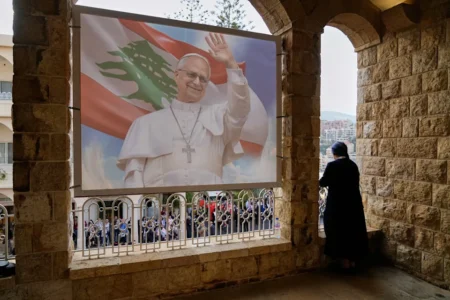Iran and Yemen have launched a joint missile strike on Israeli military and economic sites. This marks the ninth wave of attacks by Iran, which says it is acting in self-defense. The attack began late Sunday night and caused major fires and power outages in several areas, including Haifa.
Iran’s Islamic Revolutionary Guard Corps (IRGC) targeted multiple key sites in Israel. Reports say at least 30 ballistic missiles were fired. Some sources claim the number may be closer to 50. The missiles hit areas such as Haifa, the Negev Desert, and Kiryat Gat.
The IRGC said the missiles were aimed at important military bases and economic zones. Yemen, a strong supporter of Iran, joined the strike. Together, they launched a large number of missiles toward Israel.
Sources inside Israel confirmed the attack took place shortly after midnight. The missiles caused fires and damaged key buildings. Electricity was cut off in several parts of Haifa. The full extent of the damage is still being assessed.
Iran said it was forced to act after Israel carried out attacks inside Iranian territory. Tehran called these attacks a violation of its sovereignty. In response, Iran started a new military operation, named “To Promise Three,” late Friday night.
This strike is one of the most intense since tensions between the countries rose earlier this year. Iran warned that it would respond if Israel continued its airstrikes. Israel, on the other hand, has said it was targeting threats linked to Iran’s nuclear program and military leadership.
The joint effort with Yemen signals a growing alliance between the two nations. Yemen has shown support for Iran’s cause and has also launched drones and missiles in past regional conflicts. This time, their attack was part of a bigger, planned mission.
Eyewitnesses reported seeing fireballs lighting up the night sky. Emergency services worked through the night to bring fires under control. Hospitals in northern Israel were placed on high alert, and residents were advised to stay in shelters.
The Israeli military has not yet given a full statement, but internal sources confirmed that damage was widespread. Some strategic bases were hit hard, and repair work may take days or weeks.
Political experts say this attack could mark a new phase in the conflict. Iran’s choice to include Yemen may be a warning to other regional players. It also shows Iran’s ability to reach deep inside Israeli territory with help from its allies.
Meanwhile, global powers are watching the situation closely. Many nations have urged both sides to avoid further escalation. There are fears the conflict could spread if new players join the fight.
Despite the attacks, Israel says its defense systems were partly successful. Some missiles were intercepted before hitting their targets. Still, several managed to reach populated and strategic areas.
Military analysts believe this event will trigger more tension in the region. Talks of diplomacy seem distant as both sides blame each other for the latest violence.
The world now waits to see what Israel’s next move will be. As of now, no ceasefire is in place, and the situation remains highly unstable.







